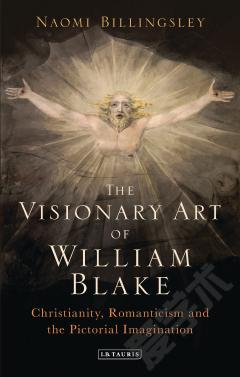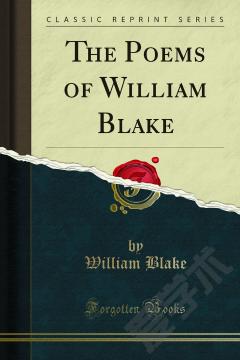The Visionary Art of William Blake
William Blake (1757-1827) is considered one of the most singular and brilliant talents that England has ever produced. Celebrated now for the originality of his thinking, painting and verse, he shocked contemporaries by rejecting all forms of organized worship even while adhering to the truth of the Bible. But how did he come to equate Christianity with art? How did he use images and paint to express those radical and prophetic ideas about religion which he came in time to believe? And why did he conceive of Christ himself as an artist: in fact, as the artist, par excellence? These are among the questions which Naomi Billingsley explores in her subtle and wide-ranging new study in art, religion and the history of ideas. Suggesting that Blake expresses through his representations of Jesus a truly distinctive theology of art, and offering detailed readings of Blake's paintings and biblical commentary, she argues that her subject thought of Christ as an artist-archetype. Blake's is thus a distinctively 'Romantic' vision of art in which both the artist and his saviour fundamentally change the way that the world is perceived.
{{comment.content}}








 京公网安备 11010802027623号
京公网安备 11010802027623号